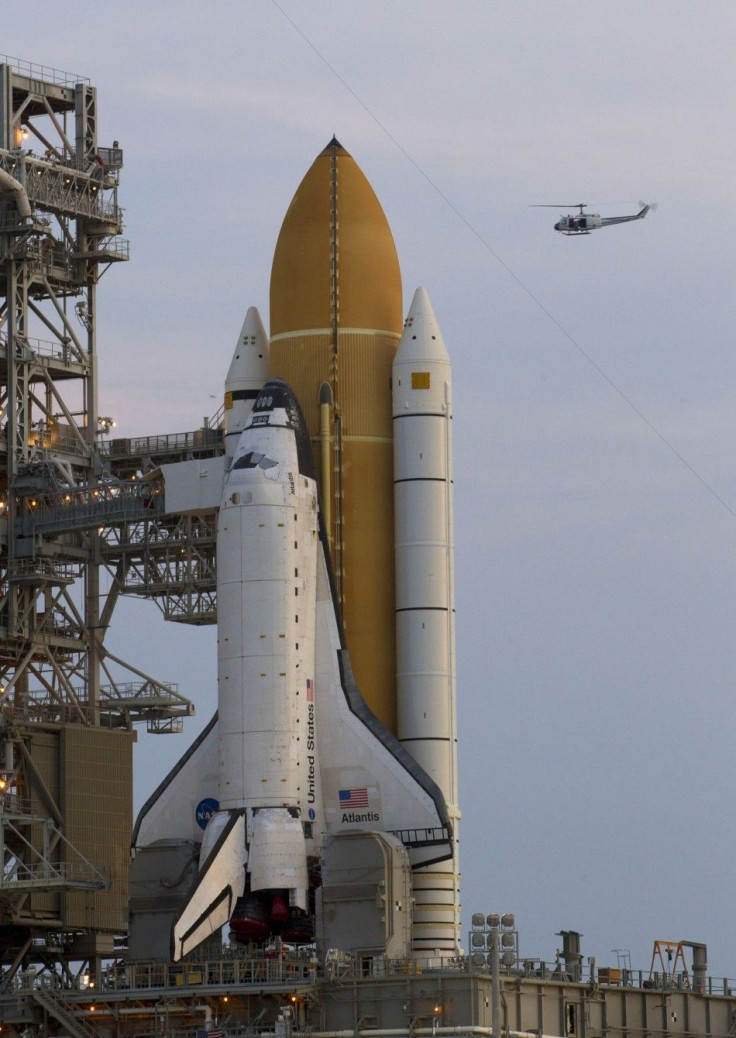After Shuttle Ends, NASA Discusses What’s Next

The space shuttle program ends this month after thirty years of sending American astronauts to space.
Atlantis will be the final shuttle to be launched into space, starting on July 8. Following its 12-days in space, the ship will land back in NASA's Kennedy Space Center and retire into a museum along with three other shuttles. By all account, that will be the day the space shuttle program dies.
NASA, however, is adamant that the space agency and its space exploration goals will not cease at the end of the space shuttle program. The company has laid out several plans for the future of space exploration under its direction.
As a former astronaut and the current NASA Administrator, I'm here to tell you that American leadership in space will continue for at least the next half-century because we have laid the foundation for success -- and failure is not an option, Charles Bodden, NASA's Administrator, said in a recent speech.
The space agency is working on designing and building new space modules, which will send astronauts to asteroids, back to the moon and even on Mars. NASA has a goal of sending a man to Mars by the 2030s.
We will soon announce the design for the heavy-lift Space Launch System that will carry us out of low Earth orbit. We are developing the technologies we will need for human exploration of the solar system, including solar electric propulsion, refueling depots in orbit, radiation protection and high-reliability life support systems, the space agency said recently on its website.
NASA will also look to work with private firms to create the next generation of space modules. The company has awarded contracts to companies like Lockheed Martin to built space craft for exploration beyond Earth's orbit and into the moon. Lockheed Martin unveiled its Orion Spacecraft this year as part of that project.
The company also awarded contracts to Blue Origin in Kent, Wash for $22 million, Sierra Nevada Corporation in Louisville, Colo. for $80 million, Space Exploration Technologies (SpaceX) in Hawthorne, Calif. for $75 million and The Boeing Company in Houston for $92.3 million. These contractors will also work as part of the Commercial Crew Development (CCDev2) effort.
In between the time those privately created space modules are created and the end of the shuttle program, NASA has contracted its astronauts for seats aboard Russia's Soyuz rockets. These Russian spacecrafts will ferry Americans until at least 2016.
Follow Gabriel Perna on Twitter at @GabrielSPerna
© Copyright IBTimes 2025. All rights reserved.





















